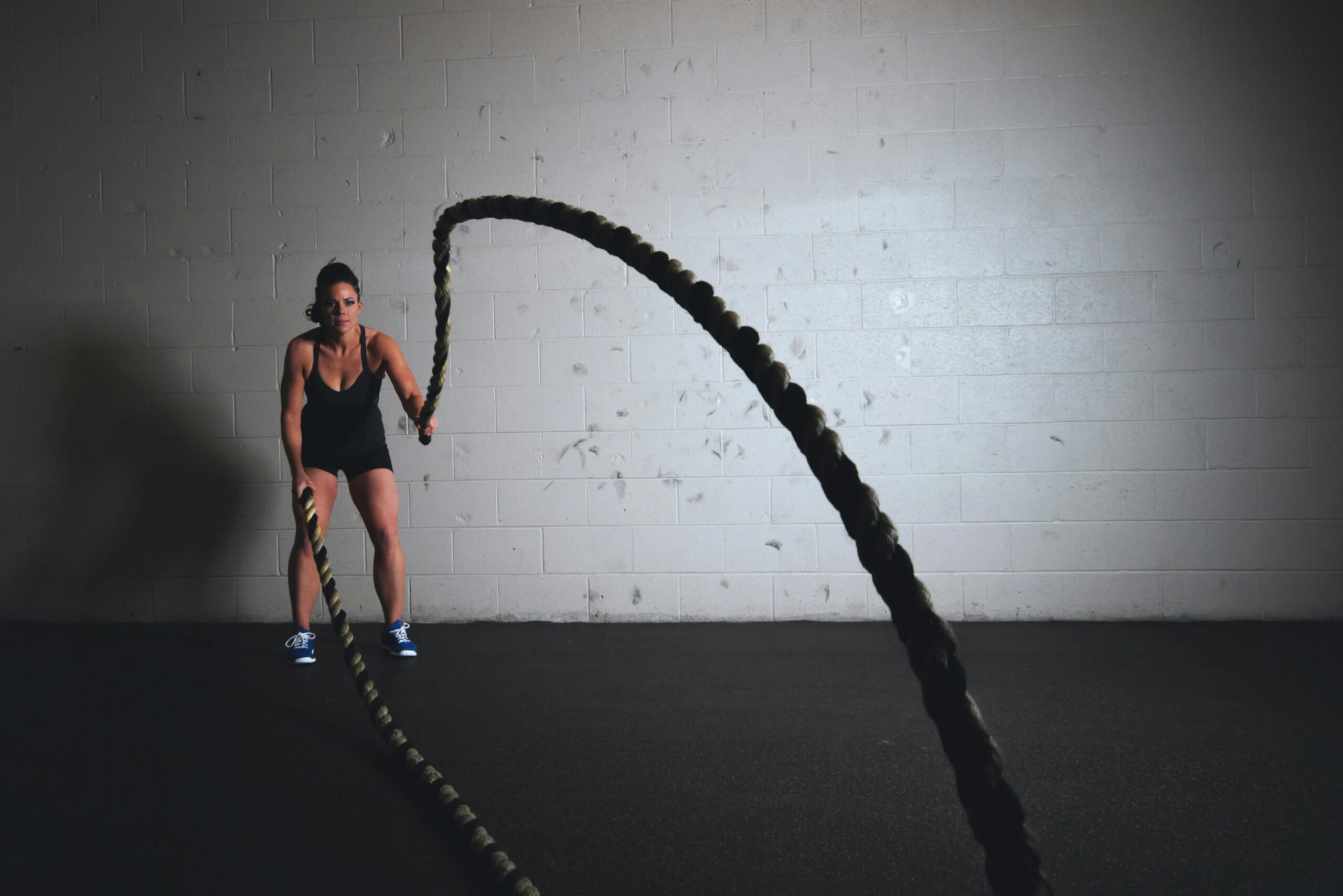Table of Contents
Introduction
Sleep is a fundamental pillar of health, fitness, and overall well-being. Despite its significance, many individuals overlook the importance of quality , often prioritizing workouts and diet while neglecting the restorative power of sleep.
Without adequate rest, physical performance, muscle recovery, cognitive function, and mental well-being can all suffer. In this comprehensive blog, we will explore the crucial role plays in fitness and recovery, how it affects athletic performance, and tips for optimizing sleep to enhance overall health.

The Science Behind Sleep and Fitness
It is a complex biological process that consists of different stages, including light and deep sleep, and REM (rapid eye movement) .
Each stage plays a vital role in physical and mental recovery in particular, is crucial for muscle growth and repair, while REM sleep is essential for cognitive function and emotional regulation.
The Sleep Cycle and Its Phases
- Light (Stages 1 & 2): This phase serves as a transition between wakefulness and deeper sleep. It helps the body relax and prepares for restorative stages.
- Deep (Stage 3): During this stage, the body undergoes tissue growth and repair. It is also when the immune system strengthens and energy stores replenish.
- REM : This phase is crucial for brain function, learning, and memory consolidation. During REM sleep, the body undergoes significant neurological restoration.
Each night, a person typically experiences multiple sleep cycles, each lasting around 90 minutes. Ensuring enough time for these cycles is essential for effective recovery and fitness progress.
How Sleep Affects Physical Performance
Athletes and fitness enthusiasts often focus on training intensity and nutrition, but without proper sleep, performance can decline significantly. Here’s how sleep influences physical fitness:
1. Muscle Growth and Recovery
When we sleep, the body releases growth hormones, particularly during deep sleep. These hormones play a critical role in muscle protein synthesis, tissue repair, and overall recovery from strenuous workouts.
Without adequate sleep, muscle growth slows, and recovery time increases, leading to potential overtraining and injuries.
2. Energy Levels and Endurance
Lack of sleep negatively impacts energy levels by reducing glycogen storage and altering metabolism. This leads to quicker fatigue, decreased endurance, and impaired stamina during workouts.

3. Strength and Coordination
Sleep deprivation affects neuromuscular coordination, making it harder to maintain proper form during exercises. This increases the risk of injuries and reduces overall strength and power output.
4. Reaction Time and Focus
A well-rested individual has sharper cognitive function, better reaction times, and improved focus. This is crucial for athletes engaging in high-intensity sports or weightlifting, where split-second decisions can make a difference in performance and safety.
The Role of Sleep in Recovery
1. Muscle Repair and Growth
After intense workouts, microscopic tears occur in muscle fibers. Sleep allows the body to repair these fibers, leading to muscle growth and improved strength over time.
2. Hormonal Balance
Sleep regulates crucial hormones such as cortisol (stress hormone) and testosterone. Poor sleep leads to an imbalance, which can result in increased stress, muscle breakdown, and reduced muscle recovery.

3. Inflammation Reduction
Chronic sleep deprivation increases inflammation in the body, leading to joint pain, soreness, and prolonged recovery periods after workouts.
4. Immune System Function
A well-functioning immune system is essential for fitness enthusiasts to stay consistent with training. Sleep strengthens the immune system, reducing the risk of illnesses and infections that can disrupt fitness progress.
The Link Between Sleep and Weight Management
1. Sleep and Metabolism
Sleep influences metabolic function and appetite regulation. Poor sleep disrupts the balance of ghrelin (hunger hormone) and leptin (satiety hormone), leading to increased cravings for unhealthy foods and higher caloric intake.
2. Fat Loss vs. Muscle Loss
Sleep-deprived individuals may experience muscle loss rather than fat loss, even with calorie restrictions and exercise. This negatively affects body composition and overall fitness levels.

3. Insulin Sensitivity
Lack of sleep reduces insulin sensitivity, making it harder for the body to process glucose efficiently. This can lead to weight gain and an increased risk of conditions like type 2 diabetes.
Tips for Optimizing Sleep for Fitness and Recovery
To maximize fitness results, improving sleep quality should be a top priority. Here are some effective strategies:
1. Maintain a Consistent Sleep Schedule
Going to bed and waking up at the same time daily helps regulate the body’s internal clock (circadian rhythm), leading to better sleep quality.
2. Create a Sleep-Inducing Environment
- Keep the bedroom dark, cool, and quiet.
- Use blackout curtains or an eye mask.
- Reduce noise with white noise machines or earplugs.
- Invest in a comfortable mattress and pillow.
3. Limit Caffeine and Alcohol Intake
Caffeine and alcohol can disrupt sleep patterns, so it’s best to avoid them in the late afternoon and evening.
4. Avoid Screens Before Bed
Exposure to blue light from phones, tablets, and computers can suppress melatonin production, making it harder to fall asleep. Opt for reading or relaxation techniques instead.

5. Engage in Relaxation Techniques
Practicing meditation, deep breathing, or gentle stretching before bed can help reduce stress and promote restful sleep.
6. Get Regular Exercise (But Not Too Late)
Regular physical activity enhances sleep quality, but intense workouts too close to bedtime can have the opposite effect. Aim to finish workouts at least 3 hours before sleeping.
7. Monitor Sleep Quality
Using sleep tracking apps or wearable fitness devices can help monitor sleep patterns and identify areas for improvement.
Conclusion
Sleep is an essential component of fitness and recovery, yet it is often overlooked. Prioritizing quality sleep enhances muscle growth, improves physical performance, boosts energy levels, and supports overall well-being.
By implementing healthy sleep habits, individuals can maximize the benefits of their fitness journey and achieve long-term success. Remember, fitness is not just about how hard you train but also how well you recover—and sleep is the ultimate recovery tool.
So, if you want to unlock your full fitness potential, start by prioritizing sleep. Your body, mind, and performance will thank you.


